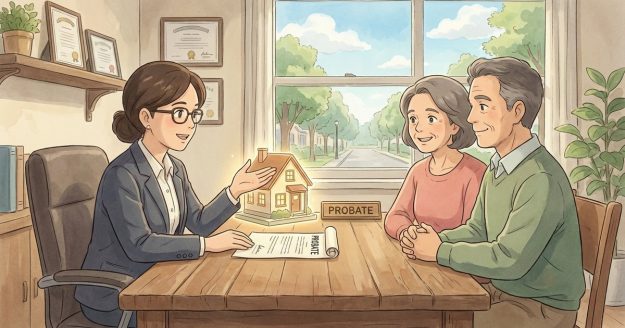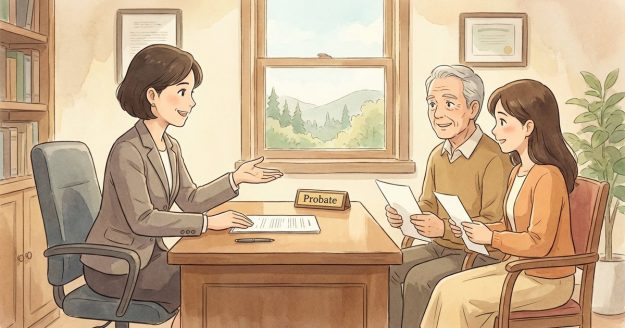How do I notify a credit card company that the account holder died during probate? NC
How do I notify a credit card company that the account holder died during probate? – North Carolina Short Answer In North Carolina probate, the safest way to notify a credit card company is to send a written notice that identifies the decedent, identifies the estate’s personal representative, and asks the creditor to provide a…



